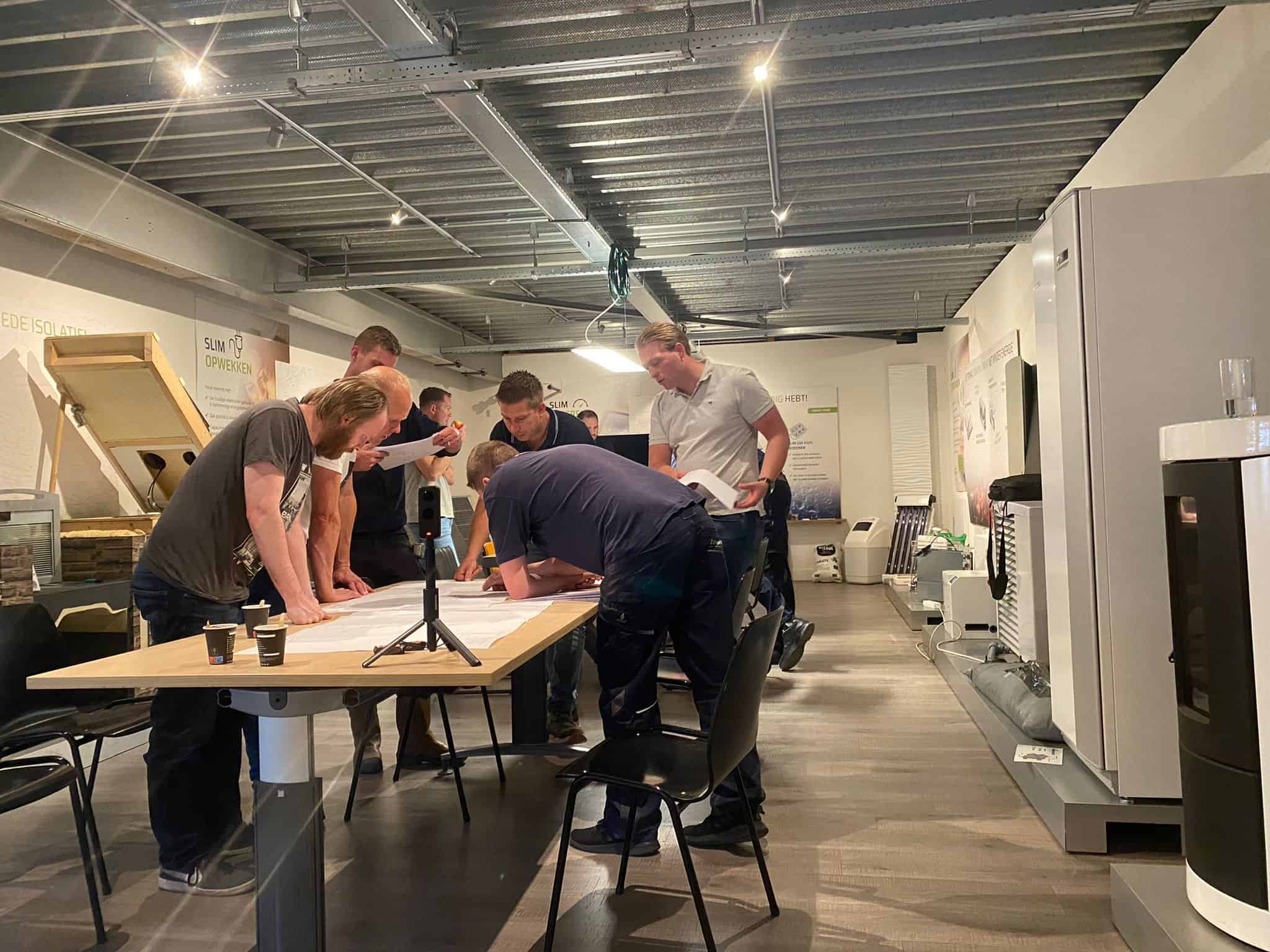
CC Diagnostics is developing a new test for cervical cancer. If it is up to the start-up, unnecessarily painful tests such as pap smears and biopsies will be a thing of the past. Women can fully participate in the population screening program with this new test in their own homes. The new Methica test can replace the current Pap smear, which is now part of the Dutch population screening program.
Cervical cancer is one of the few forms of cancer that is almost always caused by a virus, namely the Human Papillomavirus. That is why the first step is to determine whether a woman is carrying this virus. If they do, their cervical cells are examined under a microscope for any abnormalities. In such an event, the woman is sent to the hospital and the gynecologist carries out a biopsy. Many of the biopsies show that there is no (pre-stage) cervical cancer at all. “Every year, about one million European women are needlessly referred to the gynecologist for a biopsy. This can lead to complications, even with subsequent pregnancies, and moreover it costs a lot of money,” says Nutte van Belzen, co-founder of CC Diagnostics.
How does your test work?
Van Belzen: “The origin of cancer is always found in the cells’ DNA. That DNA contains various genes that have different functions. We are looking at three genes that are supposed to protect the cell against cancer. The function of these genes can gradually deteriorate, which is a precursor for cancer. You can view the genes as police officers. If they are stifled, cancer can have its way. We look at the damage to DNA using our test in order to track down any mutations at an early stage.”
This test is more accurate than a Pap smear according to Van Belzen. “With the current test, other conditions such as a fungal infection or an STD (Sexually Transmitted Disease) can influence the result. Our test examines the specific genes linked to cancer, which makes the result much more reliable”. Van Belzen believes that this also means that fewer women will be referred to the gynecologist unnecessarily. “This not only saves women a painful and risky examination, but it also saves at least €120 million a year in healthcare costs in Europe.”
Would you be able to completely prevent cervical cancer this way at some point?
“Yes, I think so. By testing based on DNA markers, you can see any abnormalities sooner and more accurately. In this way, you are able to treat women before cancer has even developed. What’s more, these DNA markers enable us to keep a better eye on women who are more at risk and to give women who are less at risk (because they don’t carry the virus) a greater sense of freedom.”
There are already methods that allow women to take samples of cells at home, this will only become even easier with our test.
“The latter is significant because we see that relatively few women take part in the population screening program, which includes cervical cancer tests. Women forget about it or find it difficult to have a pap smear taken by their GP. There are already methods that allow women to take samples of cells at home, this will only become even easier with our test. We hope that more women will then participate in order to completely prevent this form of cancer in the long run.”
Can this test method also be used to detect other forms of cancer in the future?
“We are in fact exploring other types of tumors too. Human Papillomavirus can also cause throat and ovarian cancer, among other things. But the research on tests for these types of cancer is still in progress.”
Have you always wanted to be in business, or was that a sideline stemming from the need to further develop this technology?
“I never expected entrepreneurship to be something for me until I did it. When the technology for our test was discovered by Groningen researchers during my medical studies, I took more time to develop myself in a broader sense. For example, during that time I also followed an incubator program. Along the way, I really gained a passion for entrepreneurship.”
I think I can be a better doctor because I am also an entrepreneur and vice versa.
“I’m trained as a doctor, that’s how I try to do my bit for healthcare. But now I can also see that entrepreneurs contribute a lot to the sector. For instance, they look at processes in a more creative way. I think I can be a better doctor because I am also an entrepreneur and vice versa.”
What has been your greatest champagne moment?
“Last year we compared our Methica test to another test that is currently under development. That other test was more advanced, but ours performed better. That was proof to us that our technology works. It gave us more energy to keep on going with the development. So far, we’ve seen our technology reduce unnecessary referrals to the hospital by 33 %. That boosted our confidence.”
Where will you be in a year from now?
“In a year’s time, I hope we have validated our test through extensive research and see that the results are dependable. I also hope that by that time we will be able to make the test part of the population screening program. This is a long process in The Netherlands, but we are optimistic. It would be nice if the introduction of our test leads to more women wanting to participate in the population screening program.”
You can read more articles in the series Start-up of the Day here.








